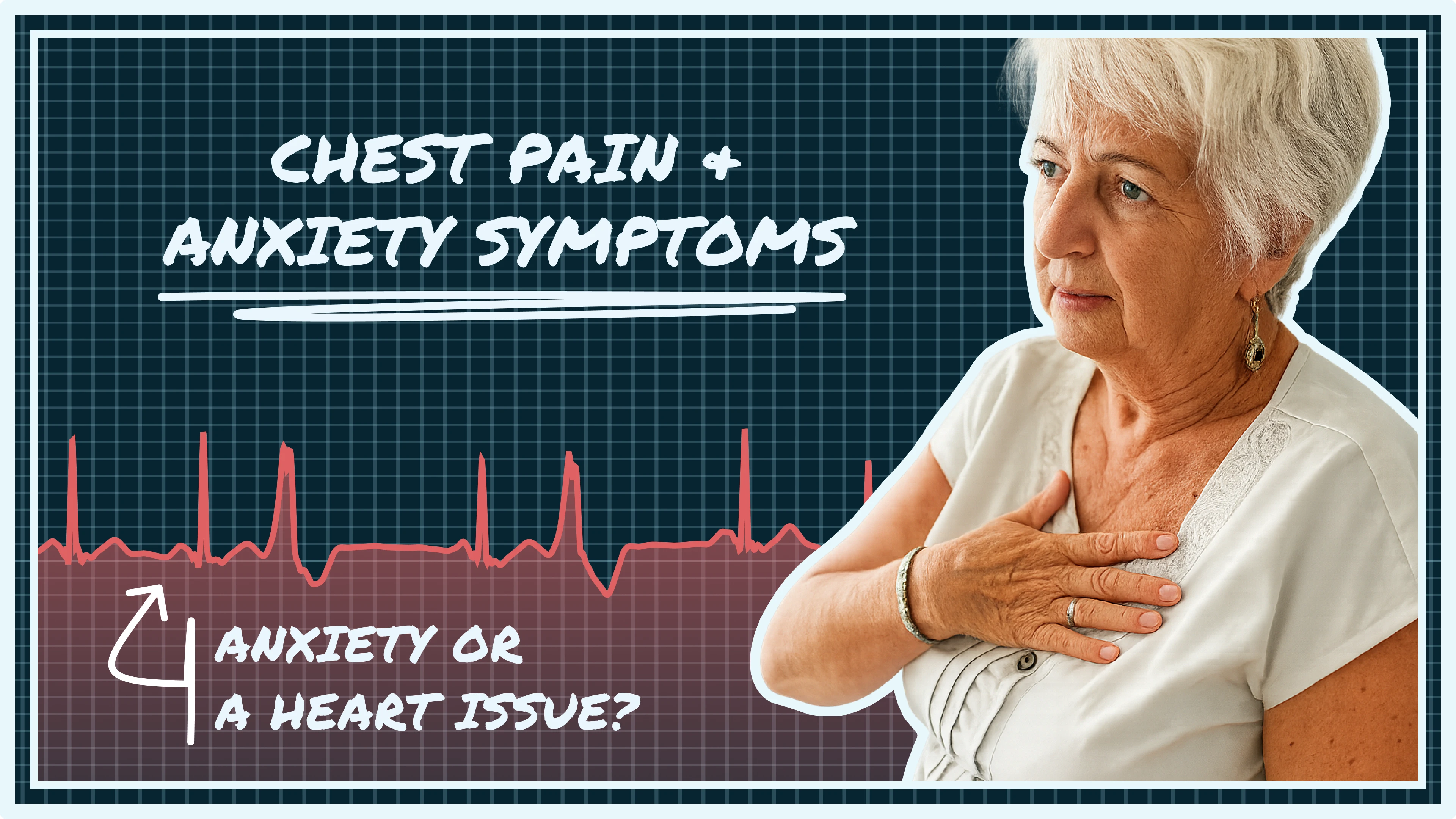
Let’s Be Real About Chest Pain
You ever have one of those days… When you’re rushing from work to home to the grocery store (or, heck, you’re just climbing the stairs with laundry) and suddenly, bam—there’s a weird tightness or twinge in your chest? Not full-on “movie heart attack,” but enough to make you pause, clutch your chest, and wonder, “Is this something?” If you’re nodding… yeah, you’re not alone—not even close.
What causes chest pain in a woman? That’s one of those questions that can send you down the Google rabbit hole—where half the answers are either super clinical, or so vague you’re more confused after reading. So let’s skip the scare tactics and doctor-speak, and have a straight-up chat about what’s really going on in there. Because here’s the truth: chest pain in women is sneaky. The usual signs don’t always show up, and it’s so, so easy to write it off as “just stress” or “indigestion.”
Heart Clues Most People Miss
Let’s cut right to it. If you popped over here wondering what causes chest pain in a woman, your mind probably went to the heart first. Makes sense—heart trouble is serious. But did you know that women’s hearts throw out all kinds of different signals before waving the big red flag?
Heart Attacks Aren’t Always Like TV
Movies make heart attacks look obvious: sudden pain, person collapses—cue dramatic music. But for a lot of women, those warning bells are… quieter. Maybe it’s a nagging pressure in the middle of your chest, or a weird ache in your jaw. Sometimes it’s not even pain—it’s fatigue you just can’t shake, or a heaviness in your arms or back. Wild, right?
I’ll never forget my neighbor Jen. She’s the type who never sits down, but one day, she’s shuffling around, complaining her “teeth felt weird.” Fast forward: heart attack. It was that subtle. She had no idea at the time—just a curious discomfort that wouldn’t quit. If you ever feel something you just can’t explain, trust your gut. Women’s hearts are uniquely tricky! According to Cleveland Clinic’s research on chest pain, women are way more likely than men to have different or “non-obvious” symptoms—think unexplained tiredness, or what just feels like strong heartburn.
Classic vs. Not-So-Classic Heart Signs
| Classic “TV” Symptoms | Common in Women |
|---|---|
| Squeezing chest pain, left arm pain | Pressure anywhere in chest, jaw pain, back ache |
| Sudden collapse, gasping | Heavy fatigue, nausea, or just feeling “off” |
Sometimes the pain is smack in the middle—that vague, squirmy spot right behind your breastbone. Want more proof you’re not imagining it? Check out this deep dive on female pain in middle of chest for real stories and specifics.
Why Does It Happen? (And Why So Sneaky?)
Here’s something you might not hear at a regular checkup: hormones and our blood vessels (yes, our arteries are a little “quirkier” than guys’) often mean our heart disease actually hides out in smaller blood vessels. There’s this thing called “microvascular angina”—it’s when the heart’s tiniest arteries get cranky and don’t show up on the usual tests. Super common in women. Kind of unfair.
And sometimes… chest pain isn’t about physical health at all. Stress, fear, or panic attacks can clamp down on your chest like a python. Toss in lack of sleep, too much caffeine, or the emotional avalanche of modern life, and, well, you get the idea.
Microvascular Angina: The Undercover Offender
Let’s pause. If you’re thinking “micro-what?”—relax, you’re not alone. Microvascular refers to teeny-tiny blood vessels. Angina is just a fancy word for chest pain (the heart muscle needs more oxygen than it’s getting). In women, when these little vessels spasm or get grumpy, it messes with blood flow—bam, pain. And guess what? Most regular heart tests miss it entirely.
It can feel like dull pressure… sharp twinges… sometimes there’s not even “pain” but your energy’s in the basement, and even going to the mailbox wipes you out. (I had a close friend who chalked her sluggishness up to “mom life” until her GP did a stress test—turns out it was microvascular stuff all along!) According to cardiology experts at Johns Hopkins, this sneaky condition is more common in women and often shrugged off until it hits hard.
When Should You Really Worry?
If it’s new, unexplained, and especially if you feel woozy, sweaty, or suddenly short of breath—please, call a doctor (or, honestly, 911 if you’re genuinely scared). Life is busy, but your health isn’t worth gambling.
It’s Also Not Always Your Heart…
Let’s not give the heart all the attention. There are plenty of other things making trouble in there.
Gastro stuff? Oh, it’s real. Acid reflux, aka “heartburn”, can mimic heart attack pain so well it sends thousands to the ER every year. We’ve all had that burn after a greasy meal… but sometimes it’s so strong, it tricks your brain into full-on panic mode.
Is It GERD or Something Else?
How do you even tell the difference? If you just had a chili-laden burger (no judgment!) and now your chest is burning… it might be GERD. But here’s where it gets complicated: reflux pain usually stays put and creeps up the throat. If antacids help and nothing else is weird, it’s probably not your heart.
But. (There’s always a but.) That burning can easily feel like female pain in middle of chest—so if it’s new, comes with nausea, sweats, or makes you dizzy… don’t risk it! Even if it turns out to be nothing, you’ll sleep easier knowing you checked.
Quick “Gut or Heart?” Table
| Heart Pain | Reflux/Gut Pain |
|---|---|
| Pressure, radiates to back/jaw/arm, comes with sweating or lightheadedness | Burning after meals, better with antacid, might move up toward throat |
| Doesn’t change much if you move | Worse when you lie down or bend |
Funny side story: my cousin was sure her “middle-of-the-night chest pain” was a heart attack… ER visit and $100 copay later, it was just spicy ramen and too much Netflix. But hey, better safe than sorry.
Muscle Mischief: When Life Is… A Lot
Now, let’s talk real life. Stress, posture, and even coughs can make your chest cranky—no heart problems required. Ever do a new workout (or just pick up something heavy at home—hello, Costco runs) and notice your whole chest aches the next day?
When It’s Muscle, Not Heart
Musculoskeletal pain is another big slice of “what causes chest pain in a woman.” It sticks around in one spot, gets worse when you touch or twist, and (bonus!) usually goes away with a little rest and Tylenol.
I once threw out my back sneezing—yes, sneezing!—and for days my chest and ribs throbbed like I’d done a full boxing match. (Not my proudest moment.) Stuff like upper-body workouts, even sleeping funny, can all do it. But always pay attention to the female chest pain location: if you can press on the sore spot and make it worse or better, that’s a hint it’s probably muscle, not heart.
What About Panic Attacks?
If you’ve ever felt like your heart’s thumping out of your chest when you’re stressed or scared, you’re not alone. Anxiety is a master at mimicking heart symptoms, complete with tightness, breathlessness, maybe some pins and needles thrown in for good measure.
What’s wild is how convincing it feels in the moment—you can’t breathe, your chest is in a vice, and you’d swear it’s the real deal (I’ve 100% called a friend in this state). Turns out, deep breathing or a walk can help… but if you’re not sure, again: better to get checked than to worry all night.
Lung Stuff and Oddball Causes
We can’t forget the lungs. Infections like bronchitis, even a stubborn cough, can irritate chest muscles, especially if you’ve been sick a while. Serious stuff like pneumonia, or in rare scary cases, a collapsed lung, usually comes with fever, cough, or sharp pain when you breathe in deeply.
(One autumn, my sister ignored a constant pain after her epic cold—turned out she had a mild bout of pleurisy. Antibiotics and rest—done. Easy fix once she actually talked to her doctor.)
In post-menopausal women, rare things like a tear in the heart’s main artery (nope, not common, but it happens) usually bring intense, “worst ever” pain. If that hits, ER, stat.
Does Chest Pain Move Around?
Here’s a trick: If you feel pain in one spot and then it slides over to your side, back, or shoulder, sometimes that’s a clue it’s not your heart… but there are always exceptions. Knowing the female chest pain location can help you figure out next steps.
Wrapping It Up: You, in Control
Honestly? Chest pain can be a total wildcard—sometimes it’s just a muscle tweak, or too much pizza, or a day you let stress win. Other times… it’s your body dealing you a warning you really need to hear. What causes chest pain in a woman is a dance between heart, gut, muscle, nerves, and everything in between.
My take? Don’t ignore anything that feels new, unexplained, or off—especially if you’re dizzy, sweating, or can’t catch your breath. Small aches can signal big things, and getting it checked fast is pure self-care (not drama!).
Pay attention to patterns. Does a certain food trigger pain? Is pain creeping up your neck, or squeezing in the middle of your chest? Does pressing the spot make it better, or is it stubborn no matter what you do? Keep notes. Ask questions. Share with a doc who listens—because your peace of mind is worth it.
Let’s swap the old “tough it out” for “it’s okay to be curious” about our bodies. The more you know, the easier it is to spot trouble before it escalates. Next time your chest feels “off,” ask yourself—heart, gut, muscle, or stress? And remember… you’re not alone in this. What you learn today could help someone else tomorrow.
So take a deep breath, trust yourself, and keep this little guide handy for when—let’s face it—life and health just get weird. You’ve totally got this.

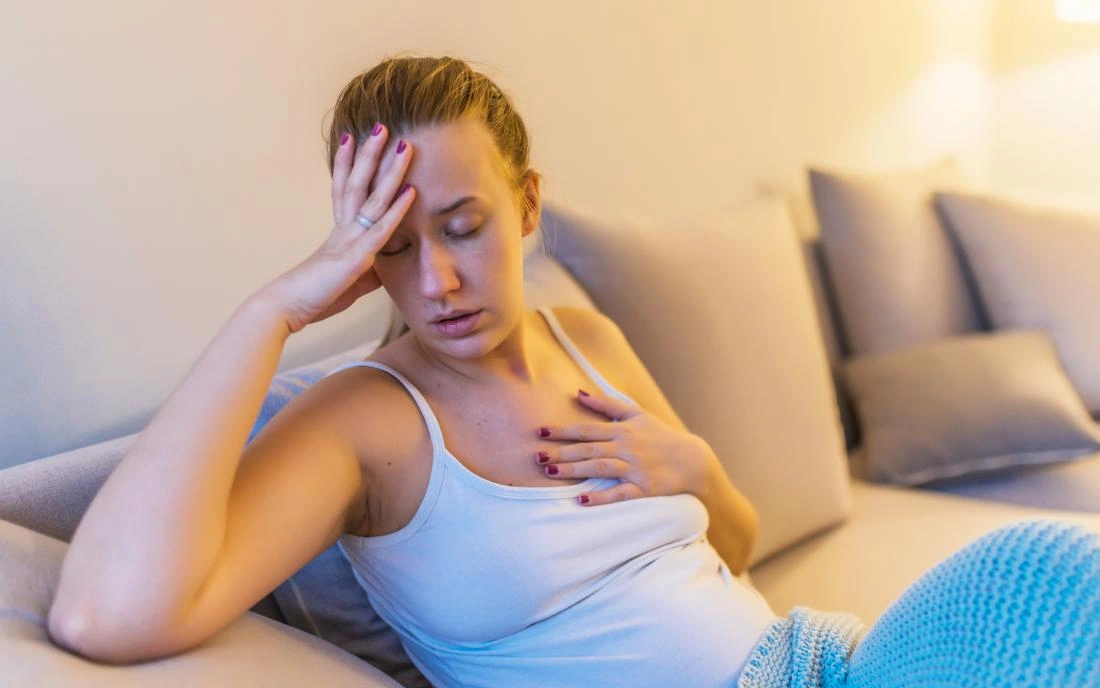












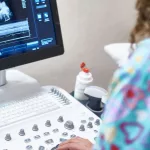
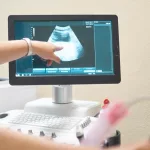

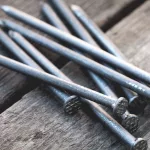
Leave a Reply
You must be logged in to post a comment.